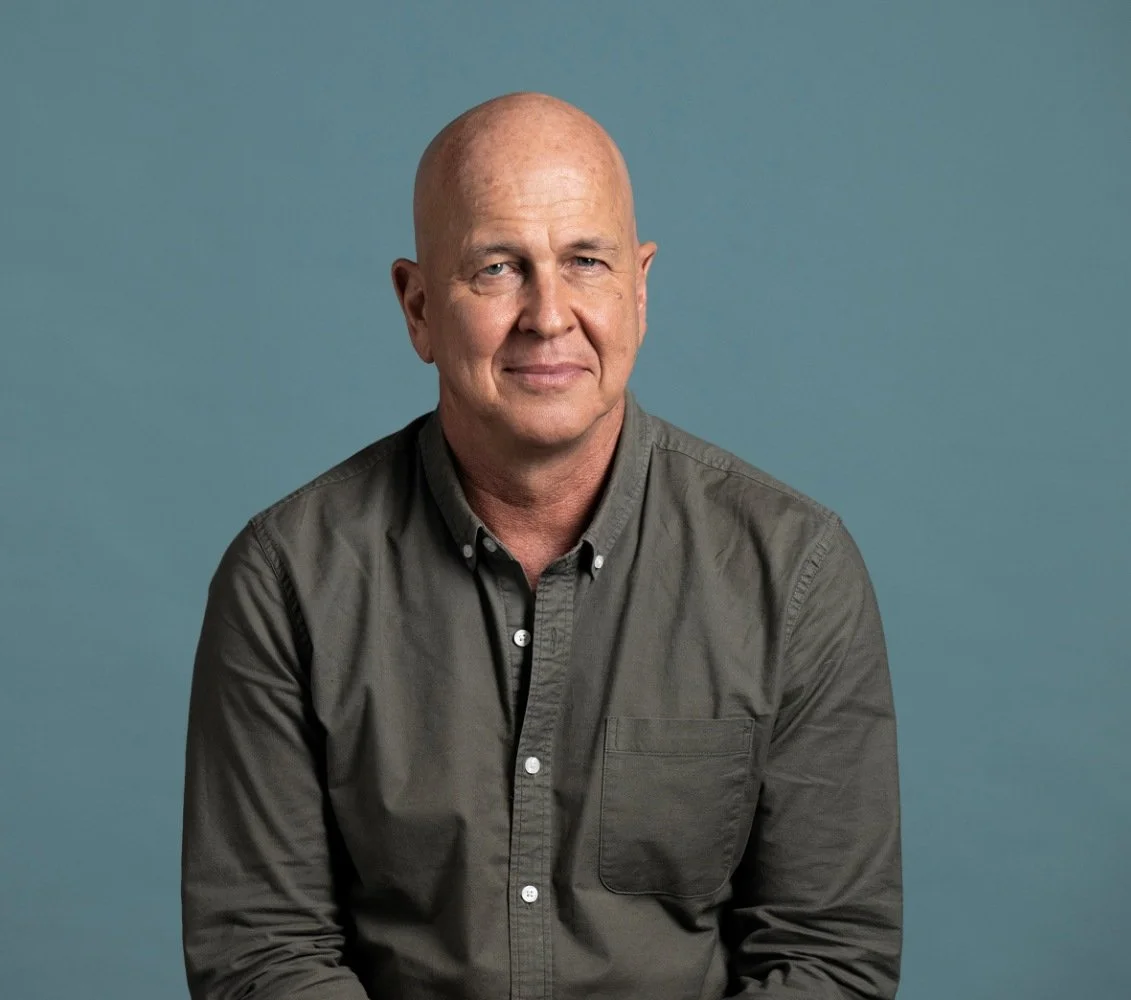Invasive weed threatens koala habitat as authorities employ losing strategies, says expert
Jeanette Nobes is concerned about the rapid growth of blue morning glory along Maleny-Kenilworth Road.
The Blackall Range is on the brink of losing its best koala habitat and majestic old growth transitional rainforest unless steps are taken to hold back a flood of the invasive weed Blue Morning Glory.
Well-known Maleny weed expert Jeanette Nobes feared the Western Escarpment right back to Reesville would also be impacted unless containment lines were employed urgently. Ms Nobes said poor management of the weed which can grow between 1-4 metres a day, especially after heavy rain events, was creating a “disaster of almost unrecoverable proportions”.
Failure was inevitable unless authorities changed tactics along the Kenilworth Road section at the Witta Reserve end which is the “front line” of this battle.
She said the Department of Transport and Main Roads and Sunshine Coast Council had failed for six years to implement the correct strategies to protect the Witta Reserve. The Reserve is owned by the Wildlife Land Fund but is in partnership with Council to help keep it free of invasive weeds.
“I advised Council back then at the meeting I called on the site six years ago, and repeatedly since, what was needed. The Morning Glory had to be prevented from crossing to the western side of Kenilworth Road through the stormwater drains. Two containment lines needed to be built urgently outside the boundary lines of the reserve. But instead they have allowed a 1km river of Morning Glory to travel from the Curramore Soil Dump down to the boundary of the Witta Reserve through the storm water drains. And the containment lines have not been built to halt its march.”
Ms Nobes said that it was virtually impossible to eradicate Blue Morning Glory once it took hold in an area. “It grows like a cargo net. The only totally effective management is prevention. You have to build containment lines. Just as you would build a fire break to contain fire.
“Containment lines provide a clear area for access, and so you can turn it back on itself, ready for eventual spraying. Every site has to have a specific management strategy. This situation could have been prevented had the morning glory been stopped from going through the storm water drains to the western side of Kenilworth Road.
Ms Nobes said authorities failed to appreciate how invasive -- morning glory was. “This site has many different areas where different strategies have to be used if we are to be successful. When an invasive weed grows at the rate this one does you have to contain it foremost, just cleaning up what has been left to grow over many years achieves nothing. Because it is still growing at the head, which is what is happening at this site. It is 15 years since the original morning glory was dumped on the Curramore Soil Dump. But despite my requests for it to be sprayed back then, it never was until three years ago, but then only around the dump.
“It seems Main Roads and Council have learned little from the Palmwoods-Montville road morning glory disaster.”
Ms Nobes is known locally as the Morning Glory Lady and holds a Diploma in Conservation and Land Management. She has worked in rainforest conservation education and bushcare for over 40 years, having spent fifteen years researching, working on strategies, mapping and photographing its patterns of growth and eradication.
She said it was disappointing that her advice had not been taken on board and she was now unable to do any further work on the site herself. “To think that this forest has stood for thousands of years not impacted by anything at all because of its vertical escarpment. And yet in just 15 years we have bought it to its knees. It is now on the verge of being lost and all the fauna that call it home as well, because of a vine.
“But I do believe we can still save the forest, we have to, it is just going to be so much harder now. I am calling on Council to pull together all available resources and 6 staff and myself to build the containment lines and other work urgently, if there is to be any hope of saving the Koalas, especially, and the forest.”
Responses
Glass House MP Andrew Powell said he shared Ms Nobes’ concerns and had written to the Department of Transport and Main Roads and to the Minister. “The TMR stockpile that brought the weeds onto Maleny-Kenilworth Road has been sitting virtually unused and neglected for years now,” he said.
“Locals like Jeanette have written to TMR and the Minister. We’ve even brought key TMR officials out on site to show them the need to maintain or remove the pile but they haven’t, and as a result the weeds have now marched in to the pristine nature reserve.
“The government talk a lot about protecting koalas, as they should, but it’s disappointing to see them abandon our local wildlife by doing nothing to stop this weed invasion of their own making.”
A Transport and Main Roads spokesperson told the Gazette the department prioritised invasive plant maintenance based on the Biosecurity Act 2014 (the Act), with a commitment to controlling prohibited and restricted invasive plants identified as a high or medium risk by local governments.
“Blue Morning Glory (BMG) is not identified as a restricted invasive plant under the Act, and is not listed as priority species under the Sunshine Coast Council (SCC) Local Government Area Biosecurity Plan 2017.
“However, we are aware BMG and invasive plants along Manley-Kenilworth Road near Curramore Road at Maleny are a concern for some members of the community.
“In response, we have previously collaborated with Council on a stand-alone treatment strategy for BMG and other invasive plants at this location.
“In 2018 we provided Council with funding for the treatment of BMG and other invasive plants within the Curramore Road stockpile site and its immediate surrounds. Last year we provided funding to manage invasive plants within the road reserve directly next to the stockpile site. This work has been completed.”
Morning glory spreads like a cargo net across vegetation.











